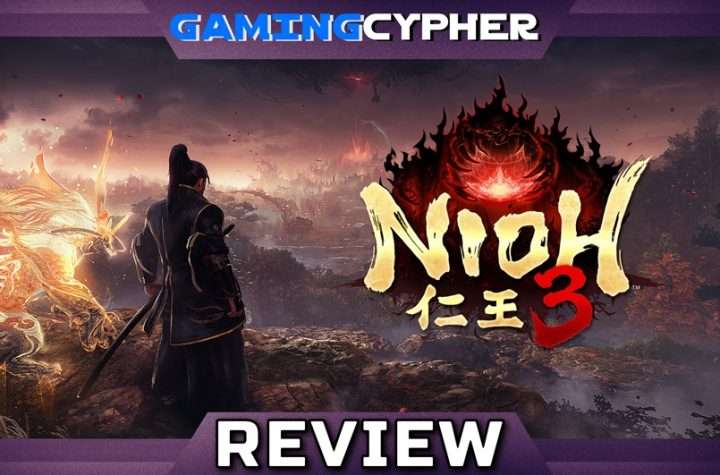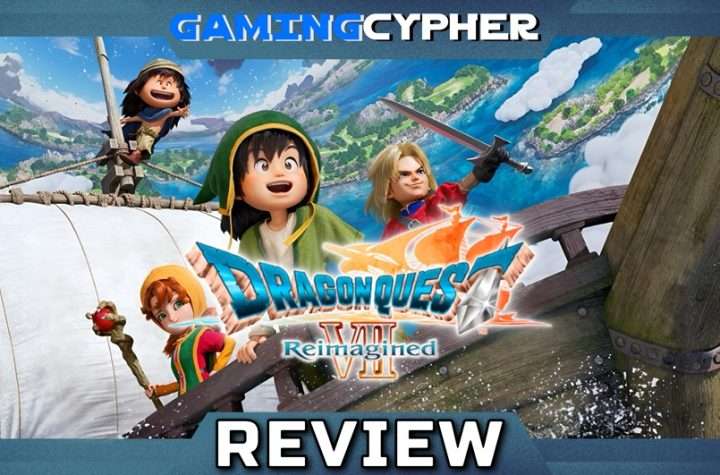The intricate realm of strategy games has continuously evolved and matured since its inception. From the ancient board games played in Mesopotamian cities to modern, sophisticated digital recreations, the genre has consistently managed to capture the imaginations of enthusiasts across generations. With strategic gameplay demanding a fine blend of tactical prowess, foresight, and sometimes a dash of courage, these games have historically provided a unique and captivating form of entertainment. But how have they transitioned and adapted over time?
The Early Years of Strategy Games

In the realm of board games, chess is perhaps one of the oldest strategy games to have captivated minds. Dating back to 7th century India, its evolution into the game we know today is a testament to the longevity and adaptability of strategy games. Likewise, other traditional games like Go, originating from ancient China, or the Viking game Hnefatafl, have showcased the timeless appeal of strategic contests.
In these early games, strategy was king. The player had to anticipate the opponent’s moves, plan their actions carefully, and adjust tactics based on the evolving state of the game board. The sheer complexity, combined with a simple set of rules, made these games universally appealing.
The Advent of Computer Strategy Games
With the advent of computing, strategy games found a new platform. In the early days of computer gaming, titles like Sid Meier’s Civilization and Command & Conquer provided players with a new form of strategic gameplay. These games took the core principles of traditional strategy games and placed them in a digital context, allowing for complex simulations that were impossible in physical board games. Players could manage whole civilizations, direct large armies, and plan elaborate tactics in a dynamic and ever-changing environment.
Digital platforms also allowed for a broadening of the genre. Games like StarCraft took the real-time strategy concept and mixed in elements of science fiction. These games added depth to the strategic gameplay with unique mechanics, such as resource management and tech trees, which offered new challenges for players to overcome.
Online Strategy Games and the Emergence of Card-Based Titles
As the internet became more ubiquitous, strategy games again saw an evolution with the rise of online multiplayer titles. These games took advantage of the internet’s ability to connect players from all around the globe, creating dynamic, unpredictable arenas where strategy and adaptability were key.
Moreover, the digital age saw a resurgence of card-based strategy games. Much like the board games of yore, these games focus on turn-based gameplay with a high emphasis on strategic decision making. However, the digital format allows for new mechanics, diverse card sets, and continual expansions that keep the games fresh and engaging. A classic example of such a game would be the digital adaptation of blackjack available online. Players can experience classic blackjack with eight 52-card decks, premium blackjack with four 52-card decks, and high-roller blackjack, which is similar to classic blackjack but with bigger stakes and bigger wins. This digital version of a classic offers an interactive gaming experience where the player’s strategy significantly affects the outcome. Despite its long history, the digital version has managed to maintain the essential strategic component that made blackjack popular in the first place.
Looking Ahead: The Future of Strategy Games

As technology continues to advance, it is intriguing to ponder the future of exclusive online impressions of strategy games. With virtual and augmented reality slowly seeping into the gaming world, the future indeed seems exciting. These technologies promise even more immersive experiences, with players able to command armies on a virtual battlefield or plan their moves on a holographic chessboard.
In summary, strategy games, regardless of their form, have always centred around the core concept of strategic decision making. Despite significant shifts in medium and mechanics, from physical board games to online multiplayer experiences, the essence of these games remains the same. They continue to challenge our decision-making skills, captivate our imaginations, and serve as a testament to the human love for strategic contests. As they evolve further, one can only anticipate what new frontiers they will conquer next.
I'm a published author and proud US Army veteran who happens to be a gamer, so I decided to combine the two and love every minute of it! Feel free to contact me with any questions or comments and I'll be sure to get back to you.





More Stories
RED DEAD ONLINE Features Bonuses on Collector Set Sales, Triple Rewards on Blood Money Opportunities, Plus More
Arknights: Endfield Review for PC
Destiny 2 this Week Features The Dark Age Hunt, Game2Give 2026, Plus More